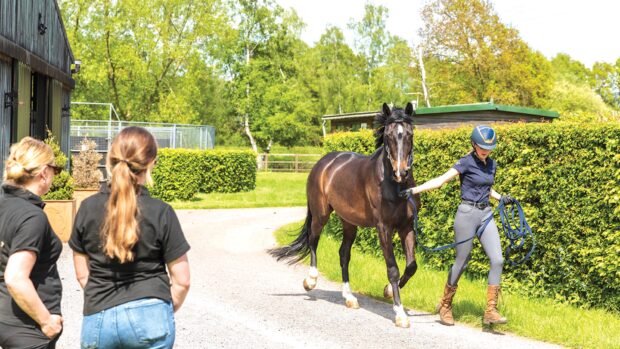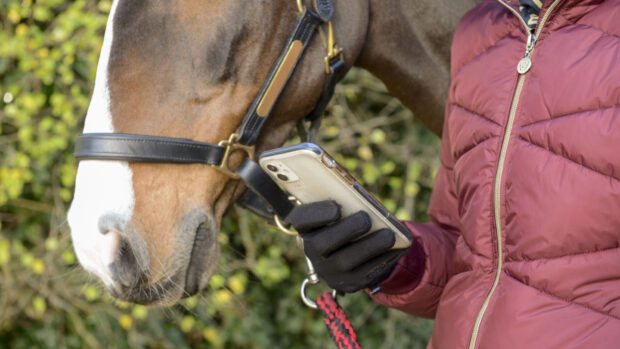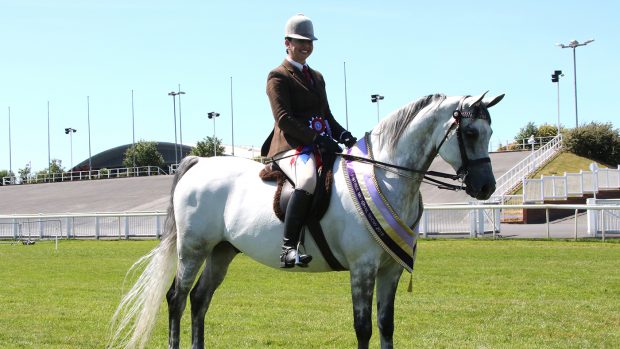Ask yourself the following questions before you go shopping:
- Can you financially support a horse?
Be brutally honest with yourself about what else you’ll still want to do, such as take an annual holiday. Do your sums and don’t think you can sort it all out later. It would be heartbreaking to fall in love with a horse, only to be forced to give him up further down the line. Remember that the yearly cost of upkeep can be as much as £5,000.
- What are your equine requirements?
If a friendly companion is your goal, make sure an affectionate nature is high on your list, while serious competitive ambition will require a horse with talent. Even if money is no object, be honest about your riding ability or you could find yourself watching other people winning the rosettes on your horse.
- What can you afford?
Be honest about your budget and realistic about your needs. If you don’t have deep pockets, you can still find a suitable horse. For instance, if you’re starting out in dressage, you don’t need an expensive warmblood to learn on and a cob may suit you better. Be prepared to accept certain shortcomings in conformation, for example, if your funds won’t stretch to your ideal.
- Do you have the time?
If you have a demanding job or a busy family life, you may still be able to fit in a horse, but only with compromise, good planning and hard work. When it comes to making your choice, remember that a steady hack and good doer won’t demand as much of your time as a competition horse who needs careful pampering and daily schooling.
- Do you have sufficient knowledge to care for a horse?
Consider enrolling in a course if you need to brush up on your equine management skills. Contact the British Horse Society, (tel: 08701 202244) or write to: Horses & Courses, Crawley Grange, North Crawley, Buckinghamshire MK16 9HL, (tel: 01727 751133) or email: enquiries@horsesandcourses.co.uk
- Where will your horse live?
Is there a yard a reasonable distance from your house and do you want a DIY or a livery arrangement? On DIY, you’ll need time to look after a horse yourself, but will pay out less. Full or part-livery is a safer bet for those on a tight schedule or requiring support while they learn about caring for a horse, but the costs can mount up significantly.
- Have you added on additional costs?
The costs involved in looking for a horse come on on top of the purchase price. You’ll have to finance your trips to view horses and may end up paying several vetting fees. Once you’ve found your new companion, you’ll need to transport him home and then there’s the shopping – saddle, bridle, bit, rugs, grooming kit. the list is endless!
- What would you do if you’re unwell, injured or go on holiday?
Sharing might be an option – talk to friend and other riders at your yard.
- Planning to buy a second horse?
Have you decided what to do with your present pal? If you’re going to keep him, you’ll need to revise your budget and time plans if you are going to fit in the needs of an extra equine.
Understanding the law
In the eyes of the law, horses are goods and chattels and thesame laws that govern other goods purchases apply. However, your protection depends upon whether the sale is a private or business transaction. Business sales, such as purchases through a dealer, are covered under the Sale of Goods Act 1979. Private sales fall under the ‘buyer beware’ category. For further information, see Julie Mackenzie’s book Horse Law (JA Allen).
Most reputable dealers will offer to exchange your horse within a set period of time if you are unhappy.
With a private vendor, it may not possible to return the horse and you may have to put him in training or sell him on. If this happens, don’t beat yourself up for making a bad purchase and don’t let it put you off buying again. Do what you can to makeit right and learn from the experience. Above all, don’t let feelings of guilt or other people convince you to keep a horse that is not right for you.



